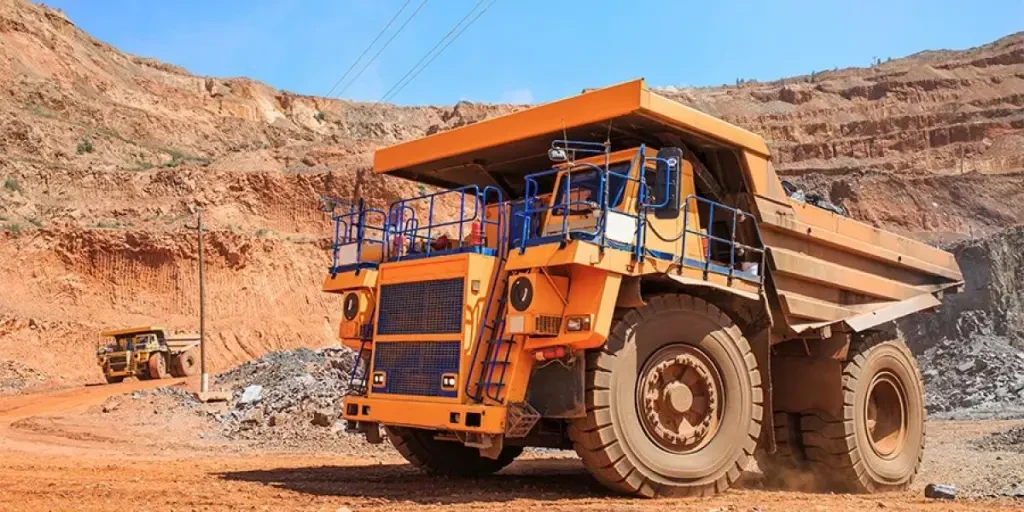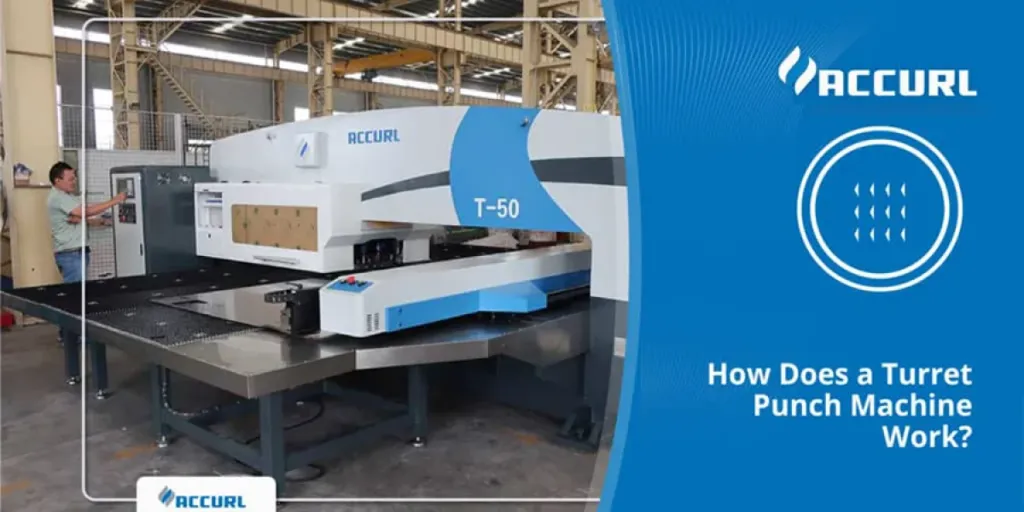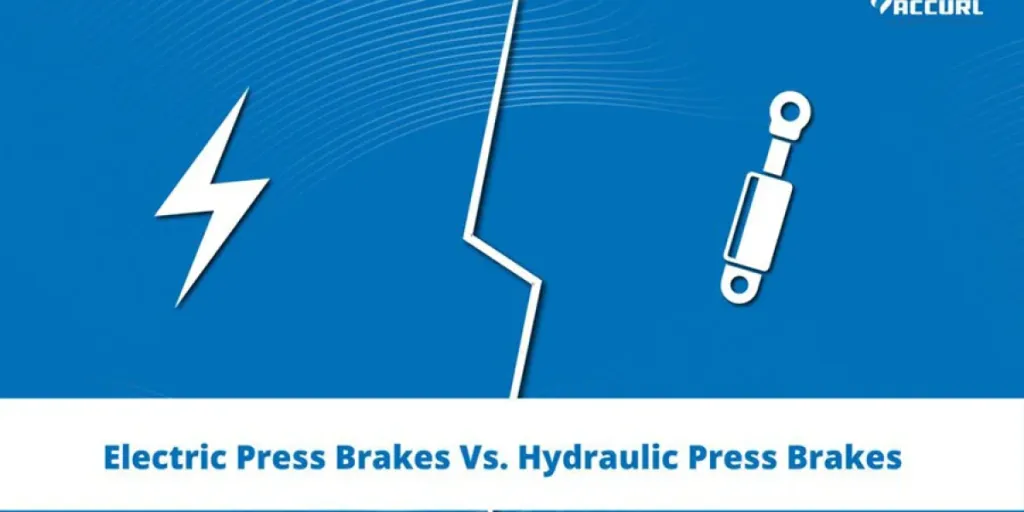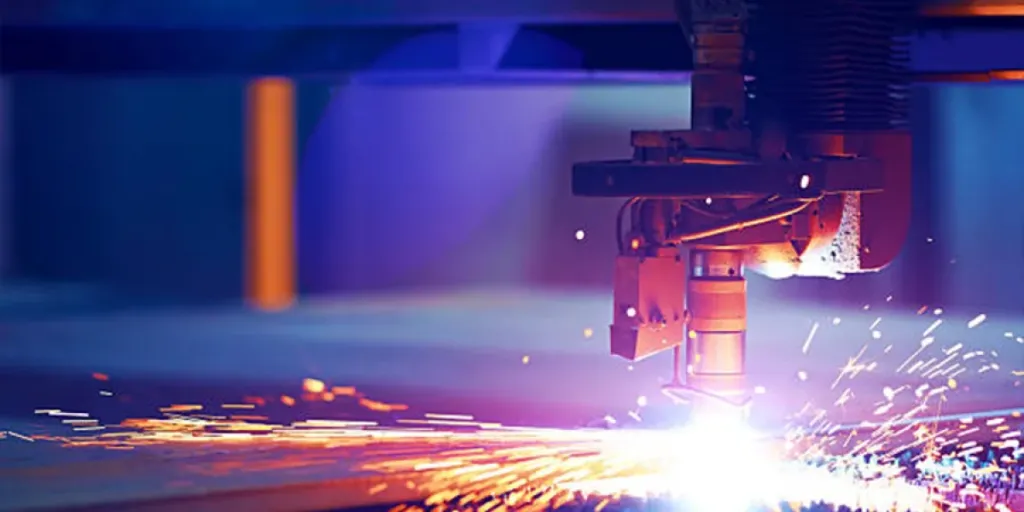Every construction business needs to acquire equipment to help perform the job well. Their equipment selection is crucial because it has a strong impact on the quality and efficiency of the work they will be able to offer clients.
Given how important it is to source proper construction machinery, this guide will highlight the essential equipment to acquire, and the key factors to consider when making a purchasing decision. This will ensure businesses have the machinery they need to achieve their goals.
Table of Contents
Backhoes
Bulldozers
Concrete mixer trucks
Excavators
Motor graders
Scraper tractors
Skid steers
Wheel loaders
Truck crane
Concrete pump
Final thoughts
Backhoes
Factors to consider when purchasing a backhoe
Hydraulics for versatility
If the business wants the backhoe to operate thumbs down, then there is no need to add hydraulics. However, adding hydraulics to the backhoe improves the machine’s versatility. Some attachments require unidirectional hydraulics, such as breakers and compactors, while others require bidirectional attachments, such as augers and thumbs.
The size of the task
The size of the tasks the business will be involved in should determine the type of backhoe selected. A basic backhoe can easily handle small tasks, while heavy-duty tasks require stronger and sturdier backhoe machines. It is good to note that the most efficient backhoe machine should be able to work in tight spaces efficiently. A good example is the JCB-4CX SUPER.
Easy serviceability
Businesses should select backhoes that are easy to maintain and operate, giving a big payoff in the long run. It should also give the best results. This makes the operator’s work easy as they have to inspect the equipment before and after work. Good brands to consider are CASE, Caterpillar, and JCB.
Fuel efficiency and horsepower
A machine that is fuel efficient will minimize the cost of operation. Fuel cost accounts for 60% of the cost of operating a backhoe machine. At the same time, backhoes that produce more horsepower consume more fuel. Backhoes 14 – 15 feet long offer 68 – 107 hp, while those over 15 feet long provide an output of 127 hp or more. Therefore, the business must balance out the horsepower they require with the fuel efficiency that will be manageable for them.
Bulldozers
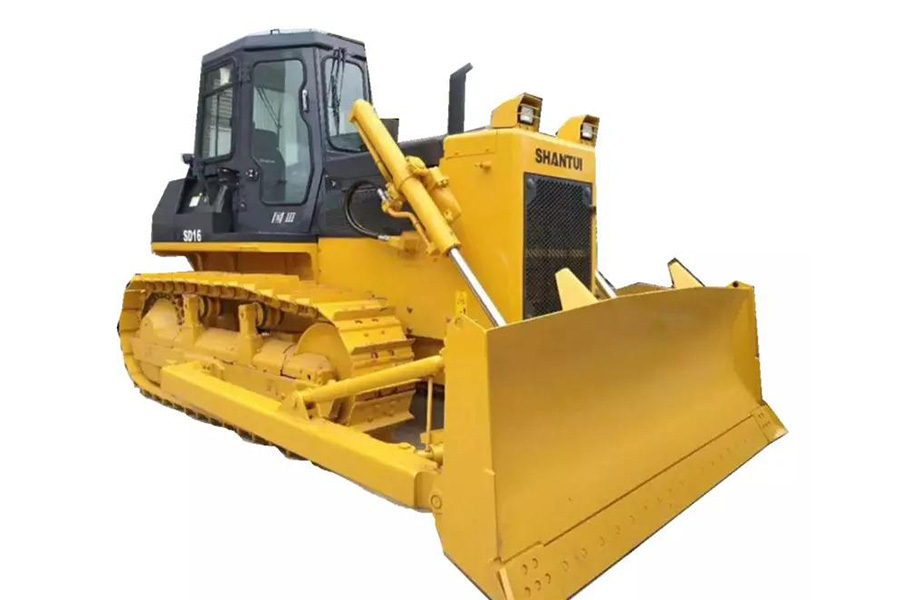
Factors to consider when purchasing a bulldozer
Undercarriage
There are two undercarriages in a bulldozer: standard and heavy duty. The standard undercarriage is suitable for landscaping and construction works. To lengthen its durability, it’ll need the oil seals improved frequently. The heavy-duty undercarriage has all the features of the standard undercarriage. In addition, it has enhanced components such as steel plating to maximize strength.
Availability of spare parts
Businesses are advised to purchase bulldozers from verified vendors. It helps the business to benefit from the availability of genuine spare parts. Besides this, the vendors should provide professional maintenance, warranty checks, and staff training on how to use the bulldozer.
The size of the bulldozer
There are three sizes of bulldozers, namely, small, medium, and large bulldozers. Small bulldozers are suitable for moving piles of dirt with occasional tree stumps or rocks. These machines weigh less than 20,000 lbs. Medium bulldozers are ideal for projects with large pads of rocks and roots that need removal. These machines typically weigh between 20,000 – 60,000 lbs. Large bulldozers are for projects requiring a lot of power and demanding terrains such as a landfill or quarry, and they weigh between 60,000 – 150,000 lbs.
Concrete mixer trucks
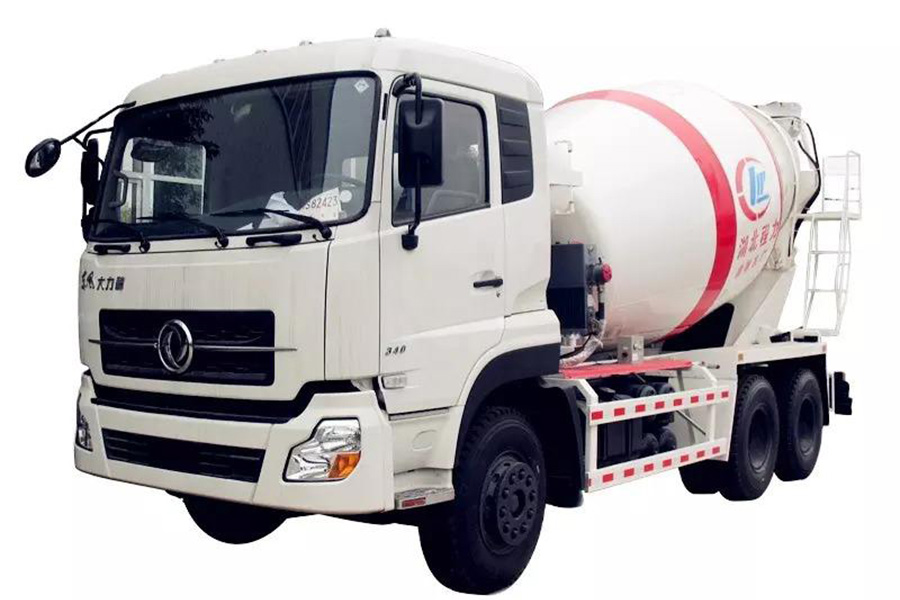
Factors to consider when purchasing a concrete mixer truck
The drum material
Concrete mixers can be made of two materials, plastic, and steel. Plastic drums can be cleaned easily, and they’re light. This means that the tow vehicle can be used to pull a heavier payload of concrete. However, the output of plastic drums is lower. They are therefore not suitable for projects that require a lot of concrete. Drums made out of steel are ideal for projects with heavy-duty applications due to the strength that steel produces. They, however, require more maintenance due to corrosion. Businesses should therefore weigh their concrete requirements and select a suitable concrete mixer.
Source of power
Concrete mixers run on either natural gas or electricity. The models that use electricity are best for use in enclosed spaces. Those that run on natural gas work best in open spaces. A good consideration to make when selecting the electric model is the source of electricity. If a project cannot provide electricity on site, it’d be better to select the model that uses natural gas.
Portability
Businesses should select a stationary concrete mixer if they are in one location for a long time. However, if the project requires the use of concrete in different locations, it’s advisable to pick a portable concrete mixer.
Batch output
The output of the concrete mixer can optimize the cost of operating it. Purchasing a small mixer may be cheap, but it could result in having to prepare many batches to suit a project. A large mixer could result in a waste of resources in preparing concrete that isn’t needed immediately. Businesses are therefore advised to select a concrete mixer slightly above their current requirements. It provides them with flexibility for their current and future projects.
Excavators
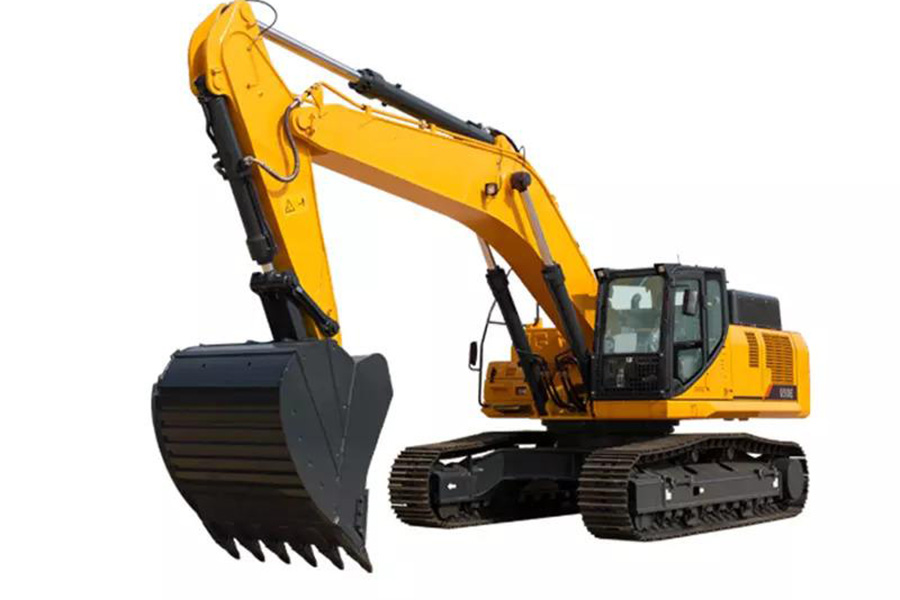
Factors to consider when purchasing an excavator
Smart efficiencies
As technology keeps improving, excavators are getting smarter. Purchasing an excavator with electronic intelligence allows businesses to manage them better. Excavators come with features, such as telematics, which refers to the transmission of data over long distances, and remote monitoring equipment, all of which are handy. These innovations can also help improve the performance efficiency of the excavator. For example, communication between the engine and the hydraulics could improve fuel efficiency. Businesses could take advantage of these technologies by acquiring such machines.
Attachment versatility
Investing in a quality attachment connection system could help businesses save operation time. For example, a quality automated coupler saves 25% of the operating time compared to direct mounting attachments. This is of significance given that couplers make it easy to swap attachments, such as changing buckets to match trench width or a breaker to break down hard rocks.
Transportation logistics
Businesses should consider logistics if the excavator will frequently be moving. The frequent movement will impact factors like getting permits and determining whether the business has the appropriate trailer.
Costs
Projects can be as short as a few months and as long as years or even decades. This affects the cost of an excavator. The cost of an excavator includes the purchase price and the cost of operating it during its lifetime. In addition, there is the cost of replacement parts and the downtime lost when the machine is under repair. Businesses should therefore consider how efficient a certain brand’s excavators are before purchasing one. Besides this, one should also consider the availability of spare parts and personnel to operate and repair it. The needs of a project are also important to consider. Some projects may be deemed dangerous to use personnel, and remote-controlled excavators may be a better selection.
User experience
The climate: Businesses should consider the weather conditions of the project. If the excavator will be used during the summer or in hot regions, choosing one with a cab that features air conditioning would provide better comfort to the user.
Personnel: It is also advisable to pick an excavator built around the user. For example, having an opening cab that makes It easy for tall people to enter and use may be necessary for Europeans and Americans who are taller.
Position of the oil cylinder: When it is positioned on the boom, there’s no need to worry about damage to the cylinder when it’s loading materials.
Brand name
Businesses are advised to select reputable excavators from reputable brands with a proven track record. A few things to consider are popularity with many users, environmental protection, stable operation, no black smoke, and strong engines.
Engine power and operation weight
The engine power and the operating weight of an excavator are related. Excavators weighing under 20 tons will produce 95 – 120 HP. Those weighing 20 – 40 tons will have between 150 – 275 HP, while excavators above 40 tons can produce 367 – 532 HP.
Motor graders
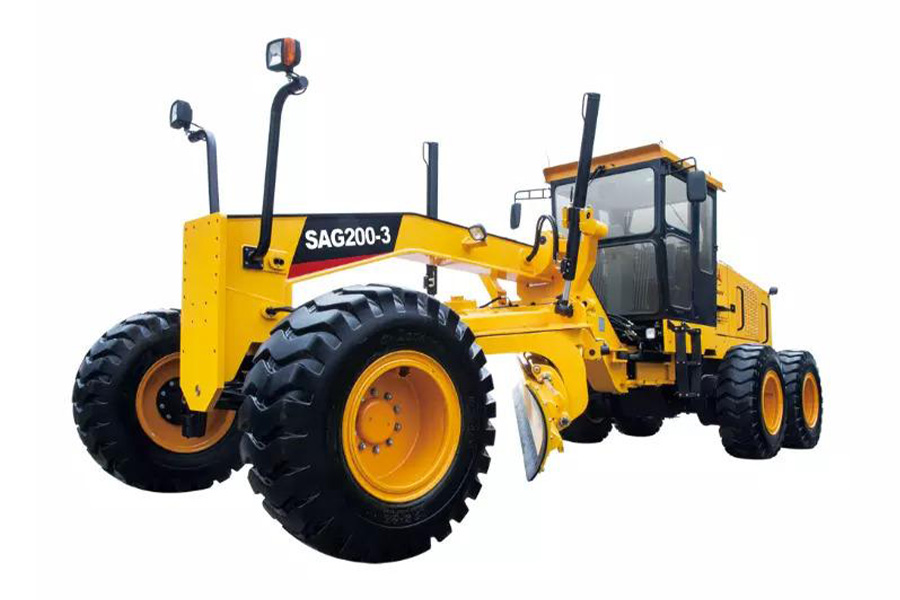
Factors to consider when purchasing a motor grader
Engine horsepower
The engine power will determine the suitability of a motor grader for a particular job. However, acquiring a machine that produces between 100 – 200 hp would be recommended because it would cover most of the standard motor grading requirements.
Reputable manufacturer
Businesses are advised to purchase motor graders from reputable manufacturers. This is important because they will benefit by getting after-sales service and a warranty. Besides this, offers such as personnel training and availability of genuine spare parts are guaranteed, and it ensures the longevity of the motor grader purchased.
The business applications
Motor graders can be used for a variety of applications by a business. They’re used for leveling soil, shifting small amounts of dirt, and fine grade, making smoother surfaces, preparing the top layer for laying asphalt, and removing snow and debris. Businesses should therefore know the exact application of the motor grader they want to purchase before making a purchase.
Telematics
Businesses can also select a motor grader that incorporates a remote monitoring system. Such a system improves the machine’s productivity, safety, and performance. At the same time, it minimizes the office work that would have been done analyzing the data.
Scraper tractors
Factors to consider when purchasing a scraper tractor
Versatility and utilization
A scraper tractor is suitable when the cost per yard of scraping is low. However, it may be cheaper to top load a truck in specific scenarios instead of using a scraper tractor. Before purchasing the scraper tractor, the business should consider its utilization in the long run.
Flexibility
Businesses should select equipment that is flexible to operate. Some scraper tractors can increase their capacities by adding or subtracting the number of scrapers to use. Knowing the type of work the business will engage in can help determine the kind of scraper to acquire. Scraper tractors range in capacity between 25 to 54 cubic yards.
Type of scraper
There are two types of scrapers: dump scrapers and ejector scrapers. Dump scrapers are less costly. They also unload faster compared to ejector scrapers. Ejector scrapers, on the other hand, unload evenly. One disadvantage of dump scrapers is that unloading wet or sticky material is challenging. The ejector scraper can unload all kinds of materials with no issues. Knowing the type of project a business will engage in will help them determine the type of scraper to acquire.
Skid steers
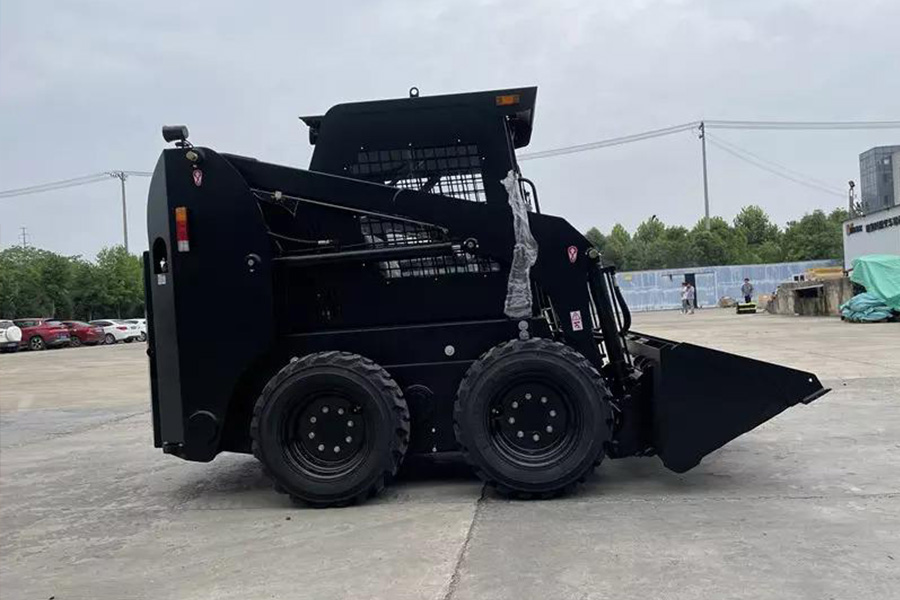
Factors to consider when purchasing a skid steer
Application
Skid steers are used in many industries, including landscaping, forestry and logging, construction, farming, and agriculture, to name a few. They can be used to move pallets, break rocks, demolition, and snow removal. Some skid steers are better suited for lot clearing, especially in the preparation of construction sites. Others can be used in digging holes or backfilling to compact ground, making them suitable for the agricultural sector. Therefore, businesses must determine where they’ll apply the skid steer before acquiring one.
Size, capacity, and horsepower
Skid steers have three major sizes, small, medium, and large, all of which have different horsepower and capacity.
Small frame skid steers have a capacity of 1750 lbs and 50 hp. They can be used for landscaping and construction in small spaces.
Medium frame skid steers have a capacity of between 1750 and 2200 lbs and a horsepower of between 50 and 70. They can conduct demolition where there are no space constraints and commercial construction.
Large frame skid steers have a capacity of over 2200 lbs. They produce a horsepower of more than 70 and are suitable for dealing with heavy items or items that need a high speed.
Lift style
Skid steers haul materials by either of two lift styles, vertical lift, and radial lift. The radial lift extends outside, achieving maximum reach closer to the ground. It makes them better suited for digging, backfilling, and mowing. Skid steers with vertical lifts allow access to high and hard-to-reach places. Because of this, they’re used in warehouses and building supply yards.
Tracks or wheels
The terrain that a business works in could determine whether to select a tracked or wheeled skid steer. The tracked skid steer is suitable for rough terrain. However, it can spread its weight over a large surface area and glide over the ground. They’re best applied when working on a farm to protect the soil. Wheeled skid steers are suitable when quick movement is required. They require less maintenance and part replacement compared to tracks.
Wheel loaders
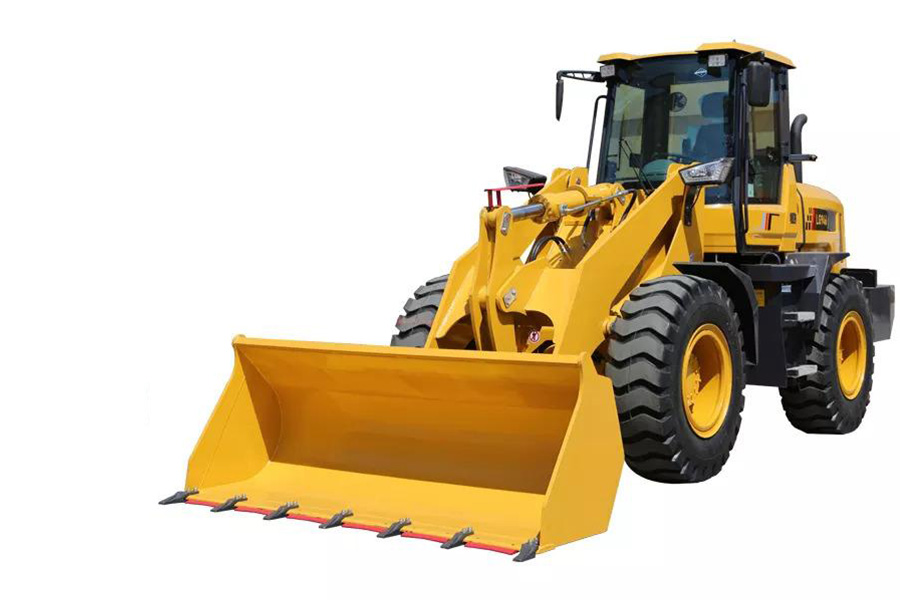
Factors to consider when purchasing a wheel loader
Material density
The density of the material being hauled by a wheel loader is more important than the capacity of the bucket. The bucket should be matched properly with the material to increase productivity. When the material matches the correct lift and dump height, it could reduce the number of passes to fill a truck. It is important to note that since businesses could be working with different materials with different densities, the bucket used should be the one with the heaviest density.
Dealer support
Businesses are advised to find dealers willing to support the business in terms of the availability of spare parts and equipment maintenance. Besides this, businesses can also take advantage of staff training and warranties to improve productivity. Following manufacturers guidelines is also important, especially in conserving the environment. A reputable dealer will provide the most recent information from the Environmental Protection Agency (EPA) emission standards.
Durable designs
Wheel loaders will often encounter rough terrains that require the equipment to be engineered to protect it against damage. The use of under guards and shields for glass lights are a good example. Businesses could also improve productivity by matching tires with rugged terrain.
Loading capacity
The bucket is the most critical part of a wheel loader. Loaders have various volumes and weights that they can lift. These range from 0.65 cubic yards to 32 cubic yards. The largest wheel loader can uproot 160,000 pounds of landmarks.
Truck cranes
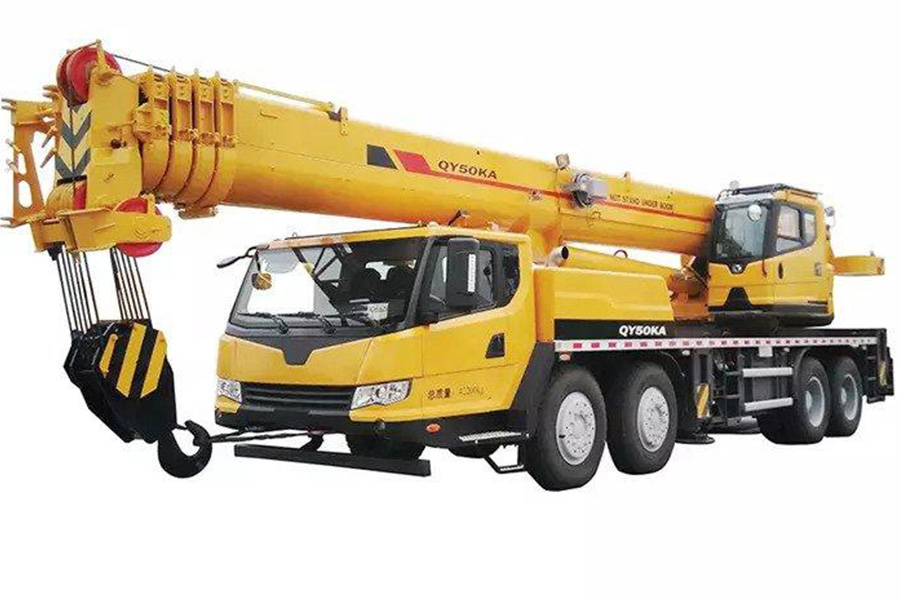
Factors to consider when buying a truck crane
The working area
Businesses should consider the working area before purchasing a truck crane. They should consider whether the work will be in an open or more confined space to plan accordingly. Other considerations include a lot of dirt or particles, which can affect the oil lubrication and, therefore, the machine’s performance.
The type of controls
Truck crane operators may prefer a particular type of control set. Knowing which type will help the controller to work better. The fixed control station may appear suitable though visibility may be obscured. Using remote controls may appear better as it can allow the operator to get close to the actual lift area. It, however, can be affected by radio interference. It’s therefore essential to determine the type of controls the operators prefer.
Maintenance
Businesses should consider how easy it is to repair and maintain the truck crane and acquire genuine spare parts from the dealer. They should also consider the performance record of the manufacturer they want to purchase the crane from. A truck crane should be serviced every 1 – 12 months and inspected by an officer with a minimum of 2000 hours of experience.
Weight and size of material being lifted
There are many types of cranes available. Each has a weight it can be comfortable to lift. Truck cranes have a maximum weight beyond which they cannot lift loads. There are 5- 10 ton truck cranes, 10 – 15 and 20-ton truck cranes. Businesses should therefore determine the average weight of loads they’ll move and then acquire the truck crane that suits them. It’s also recommended to get the load capacity chart that outlines the load to be lifted against the length of the truck boom.
Concrete pump
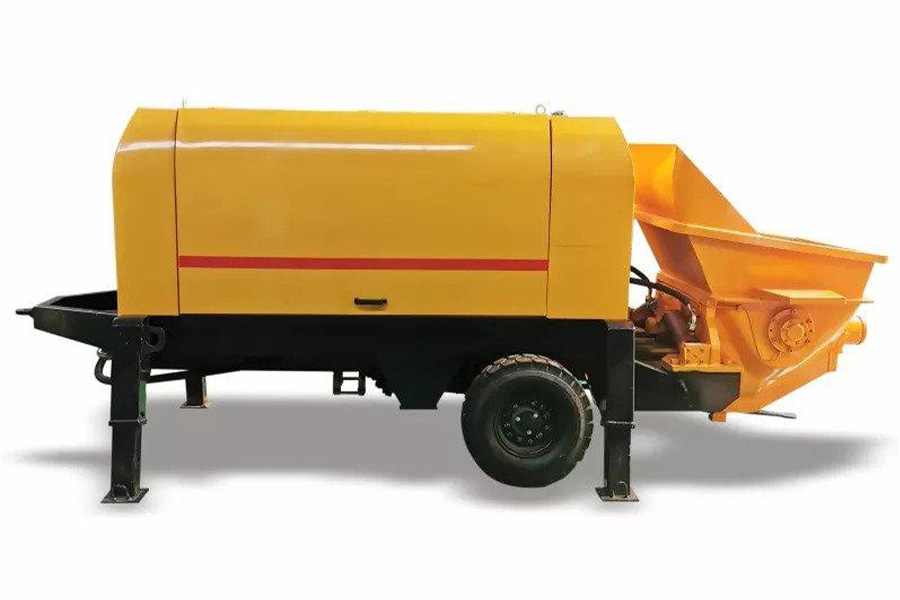
Factors to consider when buying a concrete pump
Type of concrete pump
There are two types of concrete pumps, trailer concrete pump, and boom concrete pump. The trailer concrete pump is suitable for void fills, mud jacking, and residential pours. The boom concrete pump is ideal for tall construction sites. It also delivers a large volume of concrete within a short time.
Output/capacity of the pump
Businesses are recommended to select pumps that exceed the requirement of their tasks. If a lower speed of concrete delivery is required, the rate can be lowered. Concrete pumps have an output rate between 7 and 80 m3/hour.
Maintenance and repair
It would be helpful to choose a concrete pump from a reputable brand. It provides spare parts and qualified personnel to repair the pump. In addition to this, businesses benefit from warranties, free expert training, and upgrades whenever the product manufacturer produces them.
Final thoughts
The overall success of a construction company is determined by the quality and not the quantity of equipment. Owning all the equipment listed above and not knowing how to operate and maintain them is worse than owning a few pieces of equipment, utilizing them, and maintaining them well. This guide explains a few factors construction businesses should consider when acquiring equipment. Find a list of construction equipment on Chovm.com.
